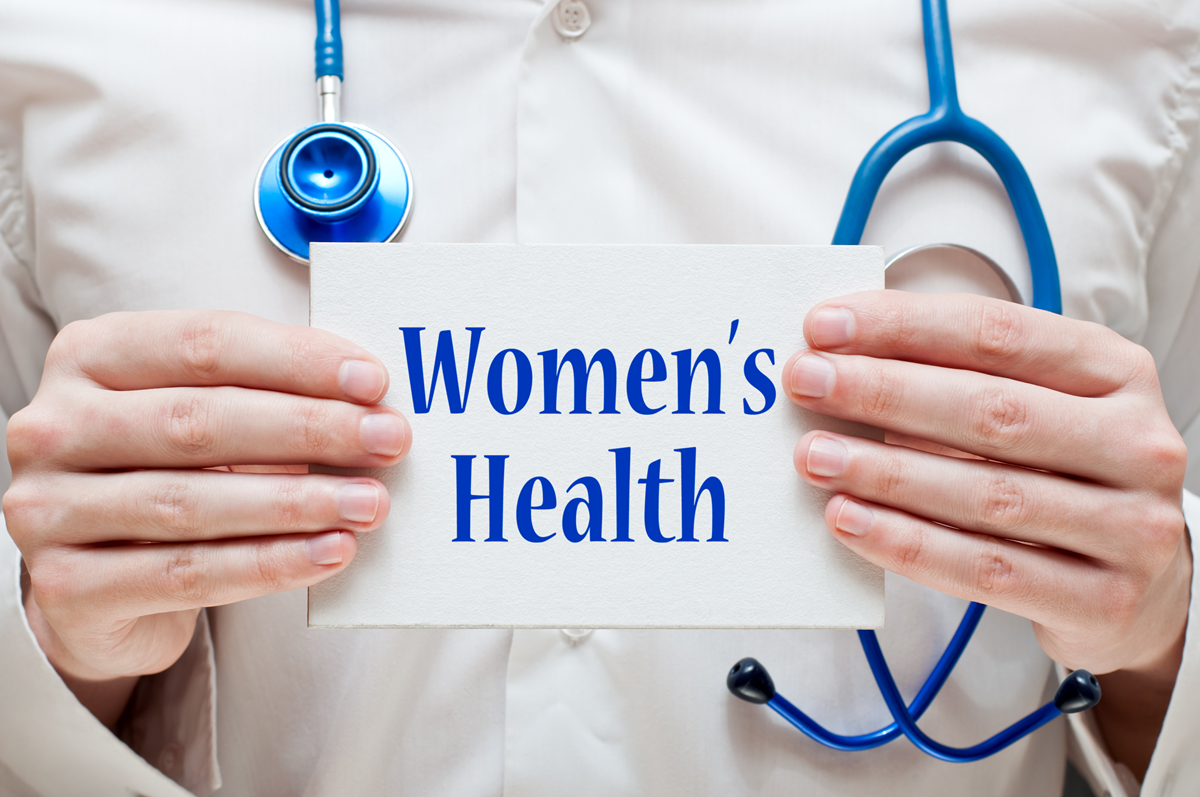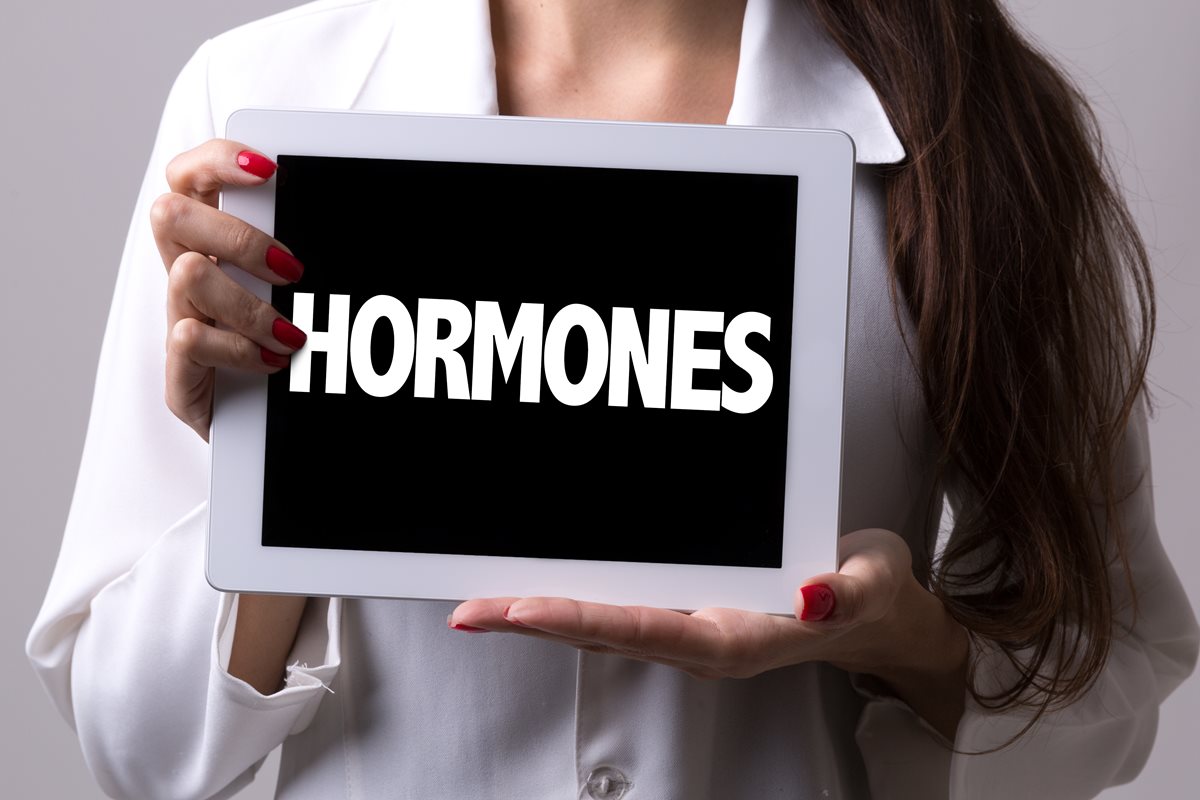My doctor tells me that according to the Women’s Health Initiative (WHI), estrogen has been shown to cause breast cancer and that I should avoid it in menopause. Yet, now this concept is being challen
Your Menopause Question: My doctor tells me that according to the Women’s Health Initiative (WHI), estrogen has been shown to cause breast cancer and that I should avoid it in menopause. Yet, now this concept is being challenged. Please explain.
Our Response: The results of the WHI have provided a backboard against which more current studies are being compared. Initiated by the National Institutes of Health in 1991 to test if estrogen reduced the risk of atherosclerosis, it compared menopausal women on oral PremPro® (a combination of Premarin® and a synthetic progestin, medroxyprogesterone acetate) against a placebo. A second arm of that study involved women with a past hysterectomy who were given either Premarin® alone or a placebo. A small (8 more women/10,0000 women years) increase in breast cancer occurred in those taking PremPro®, which prompted premature closure of the study.
That observation made all the news media. Even today, healthcare providers are confronted with the summary statement that “estrogen causes breast cancer.” Less publicized, however, was the fact that, in that same study, women on Premarin® alone did not exhibit an increase in breast cancer.
Several studies since suggest that synthetic progestin may have been the responsible agent for the increase in breast cancer, conclusions not found when natural progesterone was administered. During the normal luteal phase of the menstrual cycle, the human breast epithelium in the terminal duct lobular units (which is the site where most breast cancers develop) proliferates, peaking nine to ten days after ovulation and then normally undergoes epithelial cell death and sloughing. It is possible that a synthetic progestin could inhibit the natural cycle of breast epithelium sloughing.
While clinical and in-vitro studies support this premise, it remains unclear if the link of progestin to breast cancer is because it is acting alone, or whether other changes in progestin metabolism are linked to breast cancer. A limited number of studies suggest that progestin-only pills, in the absence of estrogen, do not carry an increased risk of breast cancer. Because of a first pass into the liver, oral progestins have been shown to decrease insulin sensitivity, increase insulin-like growth factor-1, and could act as an androgen disruptor to alter the balance between estrogen and androgens (testosterone particularly), signaling to change breast homeostasis.
Over 200 progestin compounds have been synthesized, each with its unique effects on metabolism, receptor affinity, and the biologic response under study. For this reason, leaping to the simple conclusion that progestins cause breast cancer may be premature.
The statement “estrogen causes breast cancer” now is better replaced by a discussion of the risks and benefits of hormone replacement, which incorporates newer studies of progestins and progesterone as our knowledge of the biology of breast cancer matures.
James Woods | 9/3/2020




